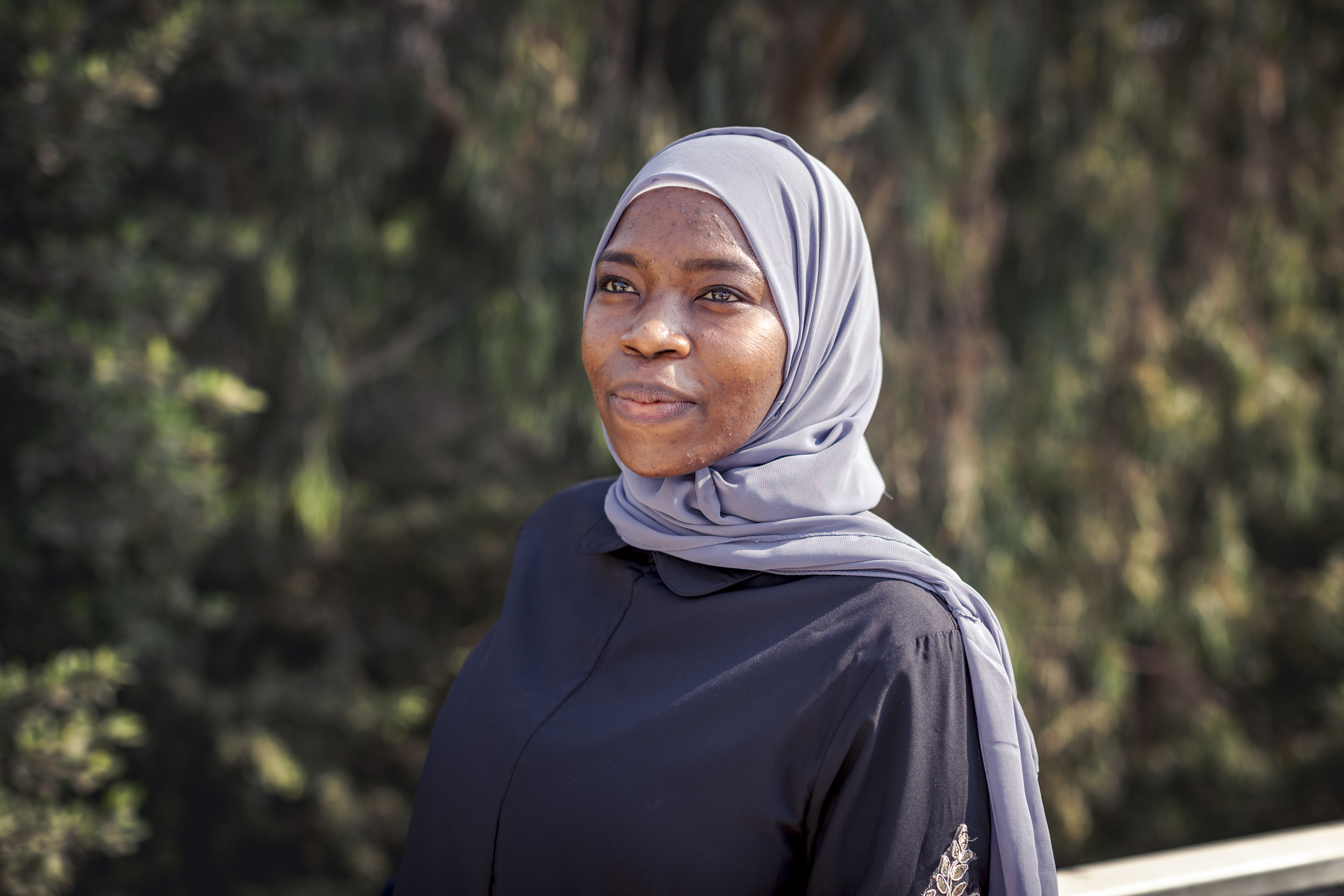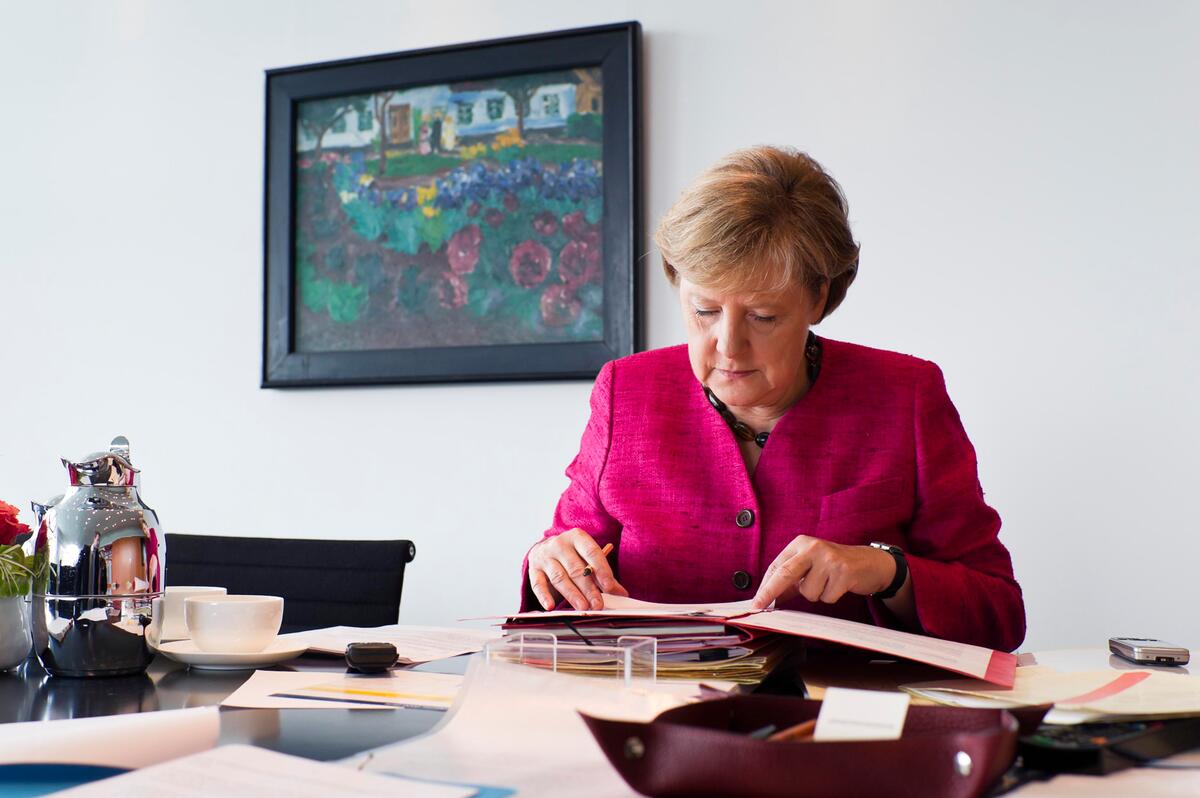UNHCR chief pledges more support for Turkey refugee response
UNHCR chief pledges more support for Turkey refugee response

ANKARA, Turkey – UN High Commissioner for Refugees Filippo Grandi expressed his commitment to bolster UNHCR’s support for Turkey’s refugee assistance and protection system on Thursday, the final day of a two-day visit.
Turkey hosts the largest population of refugees in the world. Grandi used his visit, the second to Turkey in eight months, to express his condolences for the lives lost during the failed coup attempt and the repeated terrorist attacks over the past year.
During his tour of the heavily damaged Parliament building that was hit by bombs during the night of July 15, Grandi expressed his appreciation to Turkey for continuing its support to refugees even in such difficult times.
In his meeting with President Recep Tayyip Erdogan, Grandi recognized Turkey for generously hosting three million refugees, including 2.7 million Syrians. He noted the large financial expenditure Turkey had made to care for this population as well as the hospitality of Turkish people in welcoming them into their communities.
He pledged his continued advocacy for more international support, including increased funding and resettlement. He expressed his hope that the upcoming UN General Assembly Summit meeting on refugees and migrants on September 19 would result in a significantly higher global commitment to share the responsibility for refugees with large host countries like Turkey.
“Turkey alone cannot shoulder this heavy responsibility. This should be shared internationally."
“Turkey alone cannot shoulder this heavy responsibility,” Grandi told reporters at a news conference in the capital, Ankara. “This should be shared internationally. It is not just a financial issue. It is a moral international responsibility.”
With over 60 per cent of Syrian refugee children out of school in Turkey, the High Commissioner agreed with Turkey’s Prime Minister, Binali Yildirim, that preventing a lost generation should be a top priority.
“Everything starts with an education,” Grandi said to Education Minister, Ismet Yilmaz, highlighting the UN Refugee Agency’s commitment to help overcome barriers keeping children out of school by providing targeted information, Turkish language training programs, skills training and greater access to higher education.
He offered UNHCR’s support for Turkey’s campaign to give more refugee children access to the national education system. He was pleased to learn there was a 50 per cent increase in child enrolment in formal education during the last school year, and recognized Turkey’s guarantee that all refugee children can access education.
In pre-war Syria, 20 per cent of youth between 18 and 25 were enrolled in university. Just over two per cent of Syrian refugee youth in that age group are attending Turkish universities.
To further his understanding of issues facing refugee students, Grandi met with 10 students who were recipients of UNHCR “DAFI” scholarships, enabling them to attend university. They were among 6,500 applicants for only 700 refugee scholarships in 2016.

Many of the students were doing menial jobs to sustain themselves before receiving the scholarships, and most of their friends left Turkey for Europe. The students told Grandi their goal was to complete their educations here and give back, either as professionals in Turkey or as engineers, medical experts or journalists to rebuild their war-torn home countries.
In his meeting with the Minister of Family and Social Policies, Fatma Betul Sayan Kaya, Grandi addressed issues facing the 80 per cent of refugees who are women and children, including growing numbers who are unaccompanied or separated. He praised the Minister’s endeavours to offer social services to all vulnerable refugees, including the disabled and the elderly. “We see Syrians as our own family members,” she said.
With international funding levels for refugee assistance insufficient to meet the needs of families, Grandi noted the importance of Turkey’s new legislation that enables refugees to access the labour market. Since the law came into force in January last year, 10,000 refugees were granted work permits.
Ninety per cent of Turkey’s refugees live in urban areas and making ends meet is becoming increasingly difficult for them, forcing many to resort to negative coping mechanisms. UNHCR is working with the Turkish government on a number of joint self-reliance projects to promote skills training and create work opportunities.
A political solution to the Syria conflict "is the way to stop refugee flows."
With the violence in Syria continuing unabated, Grandi acknowledged Turkey’s security concerns and expressed his appreciation that the Government of Turkey was committed to continue to admit people in desperate humanitarian need. He also appreciated that there were large numbers of non-Syrians arriving in Turkey every day, mostly from Afghanistan and Iraq but also significant numbers from Iran and Somalia.
UNHCR works to provide durable solutions for these groups, and has resettled 18,898 people to other countries in 2016. Over 270,000 non-Syrian refugees and asylum seekers remain in Turkey, where they are registered with the UN Refugee Agency.
Grandi further commended Turkey’s efforts and encouraged them to continue to crack down on the human smuggling business, which he described as a criminal exploitation of the refugees.
To formalize and strengthen UNHCR’s long-standing cooperation with Turkey on refugee and asylum issues, Turkey’s Foreign Minister Mevlüt Çavuşoğlu and Grandi today signed a Host Country Agreement.
The agreement will enhance UNHCR’s ability to support the Government of Turkey in its delivery of protection and assistance to refugees. UNHCR has been operating in Turkey for 56 years and liaises with the government to find protection and durable solutions for tens of thousands of refugees and asylum-seekers. It also leads and coordinates the efforts of UN agencies to support the country’s refugee response to the Syria crisis.
Addressing the media following the signing ceremony, Grandi said he hoped Turkey would continue supporting efforts to find a political solution to the Syria conflict. “That is the way to stop refugee flows. Not building walls, but making peace.”








